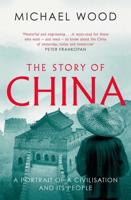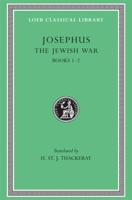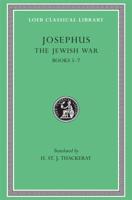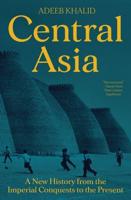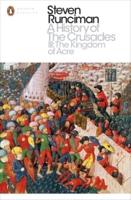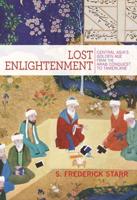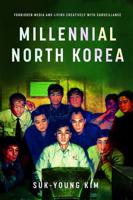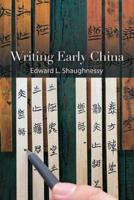Publisher's Synopsis
Chinese Characteristics (1894) was the most widely read American work on China until Pearl Buck's The Good Earth (1931). It was the first to take up the task of analyzing Chinese society in the light of "scientific" social and racial theory.
Written as a series of pungent and sometimes comic essays for a Shanghai newspaper in the late 1880s, Chinese Characteristics was among the five most read books on China among foreigners living in China as late as World War I and it was read by Americans at home as a wise and authentic handbook. The book was quickly translated into Japanese and just as quickly into Chinese. It was accepted by the Chinese -- and has maintained its authoritative status for over a century -- as the quintessential portrait of the Chinese race drawn by a Westerner.
Lu Xun, the most prominent Chinese cultural critic of the early twentieth century, urged his students to study and ponder Smith's message, which was very widely debated in Chinese student circles. Within the 1990s two different, new translations of Smith's book were published in China and both editions have enjoyed wide distribution and readership. In the West, particularly since World War II, Chinese Characteristics has been widely quoted (though seldom read) as a purported example of "Sino-myopia" and "Orientalism". Despite such Western pseudo-intellectual bias, Smith's arguments retain the power to provoke critical introspection among Chinese and, for the honest, among Westerners as well.

